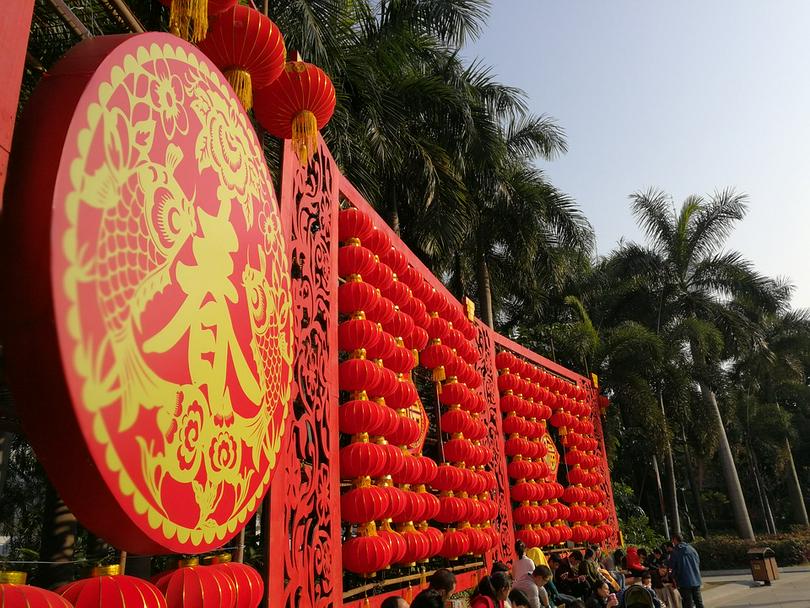"Incorporating Chinese traditional festivals such as the Dragon Boat Festival, Mid-Autumn Day and Chongyang Festival into Chinese Christian festivals will help deepen Chinese Christians' recognition of Chinese society and culture." On September 29th, You Bin, a chief expert on the subject and dean of the Institute of Religious Studies at the Central University for Ethnicity, made the above statement.
According to reports from China Ethnic News, in his report on the National Social Science Project "Research on Classics, Etiquette and Thought of Sinicization of Christianity in China" held in Beijing, You Bin said, "From the time that Christianity entered China, the conflict between Catholicism and Chinese culture in the late Ming and early Qing Dynasties started from the 'etiquette dispute'. Up to now, etiquette is still the key link and core field of the sinicization of Christianity."
As a matter of fact, etiquette is the core of Christian faith and the church is formed by ‘etiquette’. Believers first contact and deepen their faith in "worship". Not all believers understand theology, but all believers attend worship services. Christianity’s worship service procedure, etiquette system and liturgy are both the most concise theological expression and regulate the theological understanding of believers. Adding elements of Chinese culture to some important Christian etiquette systems, such as Christian wedding, funeral, hospice care, spiritual counseling and so on, will substantially promote the development of Christianity with Chinese characteristics.
In the process of the Christian religion entering China, from Nestorianism in Tang Dynasty, Yerevan in Yuan Dynasty, Catholicism in the late Ming Dynasty, Protestantism in the late Qing Dynasty and early Ming Dynasty, to the survival and development of modern Christianity in China, it is inseparable from the efforts of "localization", "indigenization" and "contextualization", whose fundamental purpose is to make Christianity Chinese.
Shortly after the founding of New China, Mr. Wu Yaozong and others launched the "Three-Self Patriotic Movement". Mr. Wu pointed out that the Church must break away from "the influence of western social tradition", "the fetters of Chinese old social thought" and "make Christianity a positive force in the construction of New China".
This corresponds to General Secretary Xi Jinping's emphasis on "adhering to the orientation of the Sinicization of Chinese religions".
This topic focuses on the sinicization of Christianity at the cultural level, which includes three parts: the interpretation of Christian classics, etiquette construction, and doctrinal thoughts.
Yuan Sha, vice president of the Central Institute of Socialism, Zhang Zhigang, president of the Institute of Religious Culture of Peking University, Zhang Fenglei, director of the Institute of Buddhism and Religious Studies of the Renmin University of China, and Chen Yilu, executive vice president of Nanjing Union Theological Seminary, also attended the conference.
- Translated by Charlie Li












